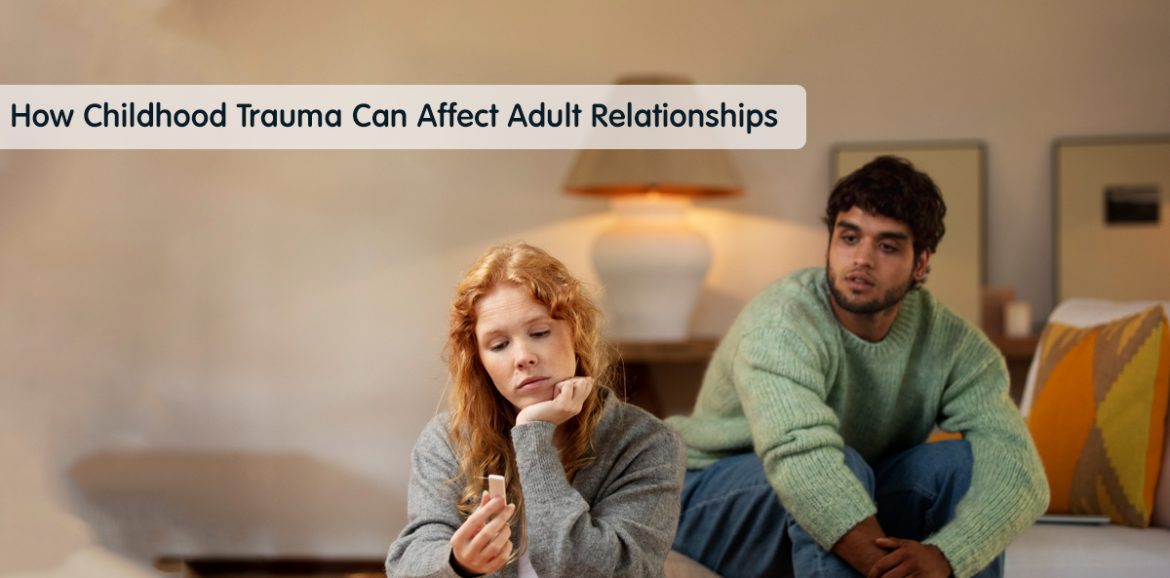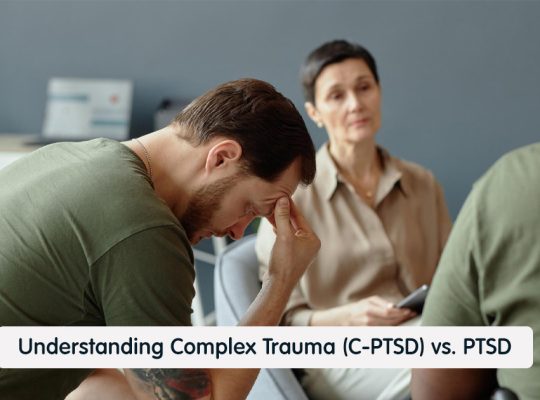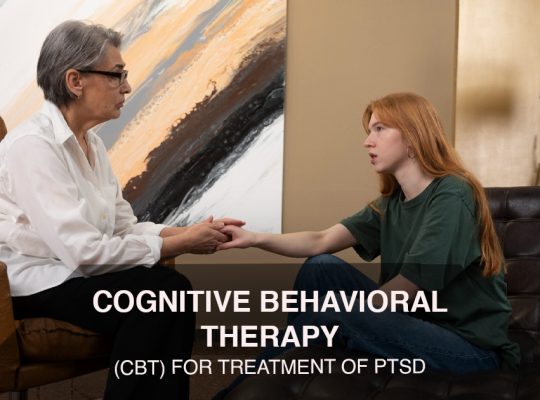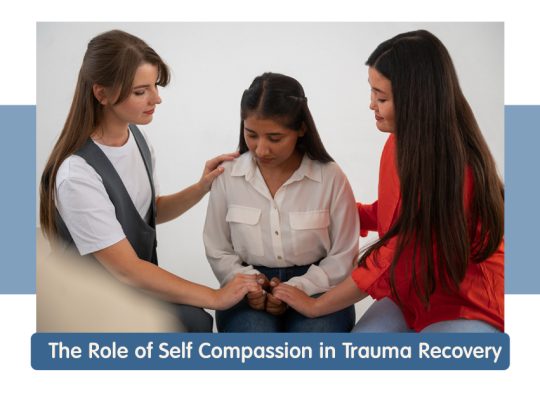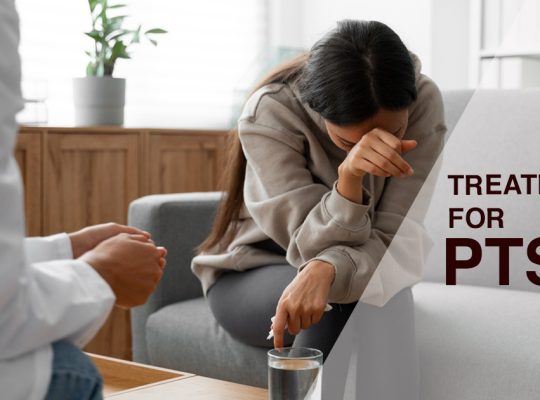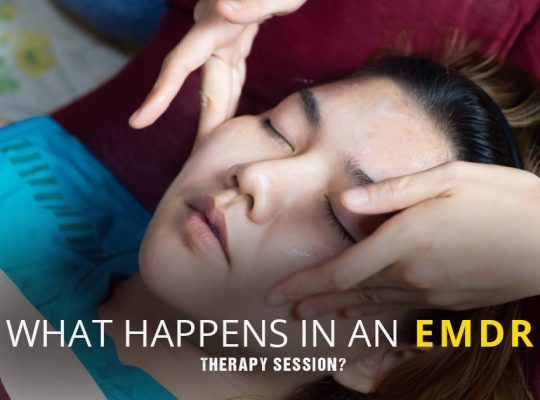Childhood is supposed to be a time of safety, love, and connection. But for many, it’s marked by neglect, chaos, or fear. If you’ve experienced early life adversity, it can shape the way you move through the world—even decades later. One of the areas where this impact often shows up most clearly is in adult relationships.
At Austin Trauma Therapy Center (ATTC), we work with individuals across Texas who are navigating the long-term effects of childhood trauma. Whether the trauma was emotional, physical, or relational, its imprint can affect everything from trust and communication to self-worth and attachment.
Understanding how trauma in adults shows up in relationships is a key step toward breaking cycles and building healthier connections.
What Counts as Childhood Trauma?
Childhood trauma isn’t always loud or obvious. It might look like:
- Physical, emotional, or sexual abuse
- Growing up with a caregiver who was emotionally unavailable
- Being raised in an environment with addiction, violence, or mental illness
- Experiencing neglect—feeling unseen, unheard, or uncared for
- Facing poverty, systemic racism, or immigration-related stress
Even one prolonged or unprocessed experience can affect the developing brain, nervous system, and emotional world of a child.
How Trauma Follows Us Into Adulthood
The brain is built for survival. When a child is exposed to trauma, their brain learns to expect danger. As adults, these survival patterns can become relational patterns—even when the danger is gone.
Here’s how that might show up:
1. Fear of Abandonment
If love felt unsafe or inconsistent growing up, you might struggle to believe people will stay. This can lead to clinging, over-apologizing, or anxiety in relationships.
2. Emotional Numbing or Avoidance
Some folks shut down instead. If emotions were punished or ignored as a child, you may now have trouble feeling close to others—or even recognizing your own feelings.
3. Trust Issues
When caregivers violated your trust, it’s hard to believe others won’t do the same. Suspicion or defensiveness can become a default.
4. Low Self-Worth
Childhood trauma can shape beliefs like “I’m not good enough” or “I don’t deserve love.” These beliefs can make it easier to accept toxic or one-sided relationships.
5. Difficulty with Boundaries
Growing up in an unsafe or chaotic home might have taught you that saying “no” isn’t allowed. As an adult, you may feel guilt for setting limits or struggle to know what boundaries even are.
Attachment Styles and Trauma
Many people who experienced childhood trauma develop insecure attachment styles. These are patterns formed in early relationships and carried into adult ones:
- Anxious attachment: Craving closeness but constantly fearing rejection.
- Avoidant attachment: Keeping others at arm’s length, even if you want connection.
- Disorganized attachment: Swinging between clinginess and withdrawal, often linked to unresolved trauma.
Understanding your attachment style is a powerful way to make sense of your relationship struggles—and to start changing them.
Healing Is Possible
Just because trauma shaped your past doesn’t mean it has to define your future. At ATTC, we take a holistic, person-centered approach to healing. We don’t just focus on the symptoms—we explore the root causes. Our team uses evidence-based practices like EMDR, CBT, and somatic therapy to help you process old wounds and develop new, healthier patterns.
Whether you’re in a relationship, recently out of one, or trying to figure out how to connect with others, therapy can help you:
- Recognize and name patterns
- Rebuild trust in yourself and others
- Learn emotional regulation tools
- Practice boundary setting without guilt
- Heal from shame and cultivate self-compassion
We offer trauma counseling both in-person and virtually across Texas, and we’re committed to making our services accessible and inclusive—especially for BIPOC, LGBTQIA+, and other marginalized communities.
What You Can Do Right Now
Healing from trauma in adults takes time. But here are a few small steps that can start to shift your relationships:
- Journal about your triggers: What situations bring up strong reactions?
- Notice your self-talk: Would you speak to a friend the way you speak to yourself?
- Practice saying no: Start with something small. Boundaries are a muscle—you build them over time.
- Get curious, not critical: Instead of judging your patterns, ask, “Where did I learn this?”
- Reach out for support: You don’t have to do this alone.
Frequently Asked Questions
Q: Is it normal to struggle with relationships after childhood trauma?
Yes. Many adults experience challenges in trust, intimacy, or emotional expression due to early trauma.
Q: Can therapy really change long-standing patterns?
Absolutely. With the right support, your brain and body can learn new ways to relate and feel safe.
Q: What if I don’t remember much of my childhood?
That’s okay. You can still heal. Therapy can help uncover patterns and work with what is present.
Final Thoughts
Childhood trauma doesn’t disappear just because you grew up. But healing is real—and it’s within reach. If your relationships feel hard or confusing, it’s not a personal failure. It’s often an echo of earlier wounds trying to be heard.
At Austin Trauma Therapy Center, we’re here to listen, support, and walk with you through the process of healing. You don’t have to carry the weight of the past alone. Together, we can help you create the kinds of relationships you’ve always deserved—starting with the one you have with yourself.

